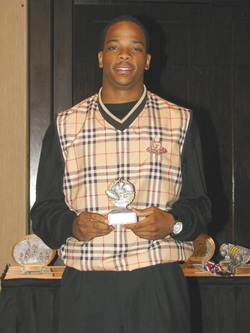
Rev. Glenn and Marsha have lived and worked for years in Pittsburgh - and have been particularly devoted to improving the lives of young people in their Hill District community. They have founded the Center that CARES in their neighborhood. The Center that CARES provides tutoring, mentoring, advising, and travel experiences that support and broaden the lives of young people from kindergarten through young adulthood.
How did this extraordinary couple respond to their devastating loss? In typical fashion, they have recently launched a public campaign that urges young people to stay away from guns. The campaign is called "G" Stands for Never Touch a Gun - named after Jeron who was fondly called G. Look for billboards across Pittsburgh with pictures of Jeron. And take some time to view the WQED documentary about Jeron and his parents' work.
Sustainable health and well-being often involves conservation and protection of the natural world - and it also very much involves conservation and protection of the social environment. A healthy community provides safety for its residents, love and education of its young people, and caring among neighbors in hard times, in addition to food and shelter. It provides these supports in ways that can be sustained over the long term, across generations. Marsha, an attorney and a student in Chatham's MS in Counseling Psychology program, and Rev. Glenn, pastor of the Wesley Center AME Zion Church in the Hill District, make significant contributions to the sustainable health and well-being of their neighborhood, Pittsburgh, and beyond.
The work of Marsha and Rev. Glenn is very important - and it is work that each of us can do in our own way, in our own corner of the world. Think about how you might add to the sustainable health and well-being of your community. Look around for other individuals or groups that you might connect with to do great things. And let us know what you do.
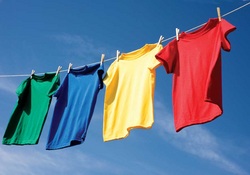
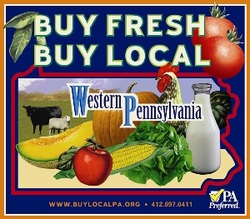
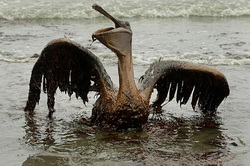
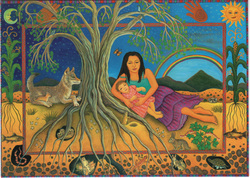

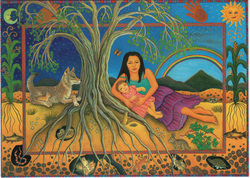
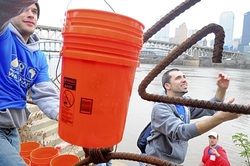
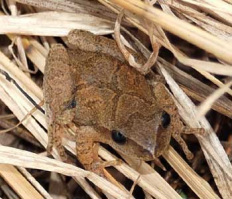
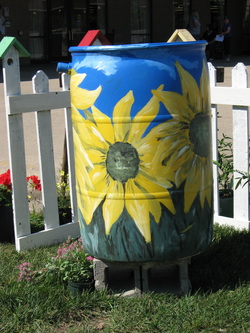
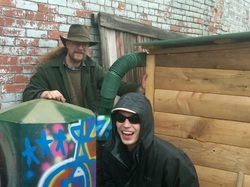
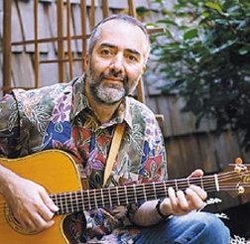
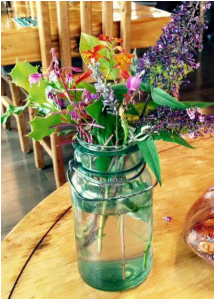

 RSS Feed
RSS Feed
